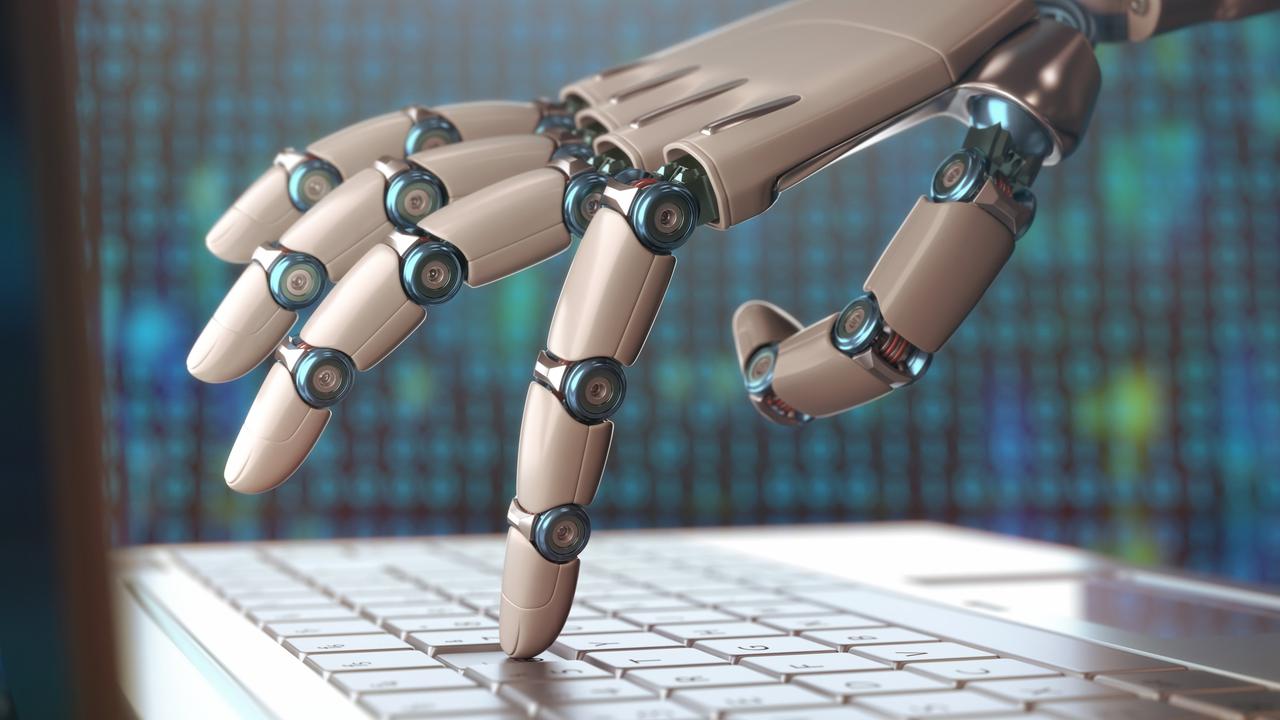“Sometimes the algorithm is a poor substitute for the kindly and creative hand of human intervention”


Is there anyone in Australia who doesn’t have a smartphone? Who isn’t predisposed to leaning into yet another “platform” for buying, booking, parking, ordering or simply registering a query? Is there still room for technophobes, or can’t-be-bothered types? Many of the technological shifts were accelerated by the pandemic. I’m not sure the average Australian even knew how to engage with a QR code prior to 2020.
However, I am not convinced about the logic that the future belongs to the technologically proficient. In fact, the greater the “appification” of everyday life, the fewer technical skills are actually required. Indeed, the areas where everyday technology seems to be expanding fastest involve simple procedures that can be mechanised, automated, digitised – such as payment transactions. No need for a shop assistant; just tap and go. The development of this technology requires engineering and programming skills but this is done by a small number of skilled workers in places like Silicon Valley. I am sure that anything that can be digitised will be and that’s because a machine is less expensive to manage than a worker over time.
But there must come a point where the low-hanging fruit of the technological transformation is fully picked, plucked and processed. Sure, there will be further breakthroughs (for example, in autonomous vehicles), but there are some areas where even the most whiz-bang technology struggles; where the algorithm is a poor substitute for the kindly and creative hand of human intervention.
Indeed, this is where there could be a great skill re-evaluation. Not so much in the short term – we’re still in the techno-honeymoon phase – but later this decade and into the 2030s. After the post-pandemic technological transition has slowed, a new set of skills-in-demand could emerge. What may be required is a set of skills that machines, robots or automatons cannot provide, based around creativity, caring, communication, persuasion (influence, perhaps) and entrepreneurship. If I am right, and creative-caring-persuasion people are more highly prized (and valued) beyond today’s technology tsunami, this might shape the way parents, schools and universities think about (and value) the curriculum of the future.
The skills required by today’s primary school kids for the future workplace may not be a simple extension of our current tech obsession; instead, we might increasingly appreciate what technology cannot provide – the creative, nuanced, human world of artistry, of care, of influence, of business-building.
Sometimes the future isn’t simply an extension of the past. Sometimes there’s an inflection point, a time when the pathways of the past give way to a different kind of thinking.



It is conventional wisdom that the skillsets required in the 2020s will revolve around science, technology, engineering and mathematics, otherwise known as STEM skills. And with the way the workplace is changing, it’s hard to argue against this logic. Indeed, one of the key skillsets required to navigate post-Covid life is the ability to download and operate an app. The pace of this great app shift is blistering. I am sure there must be people – mostly older – who lack the technical expertise, the support network or simply the interest to learn the technology necessary to navigate many aspects of modern life. Even some parking meters now require mastery of an app.